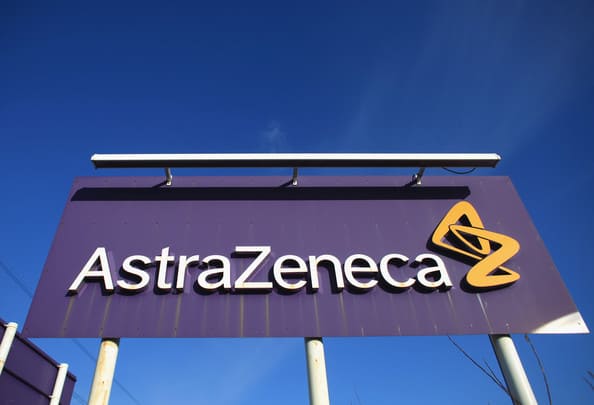
AstraZeneca drops CDF application
pharmafile | January 12, 2015 | News story | Sales and Marketing | AstraZeneca, CDF, Cancer, NHS, NICE, lynparza, olaparib
AstraZeneca has withdrawn its application for its drug Lynparza to be on the Cancer Drugs Fund (CDF), citing concerns with the current cost-effectiveness re-reviews of medicines on the list.
Lynparza (olaparib) was approved by the European Commission last month and is currently awaiting review by NICE, but the UK company was looking to get it on the CDF list in order to get it to market sooner.
However, AZ says it believes Lynparza would be ‘caught up’ in the current process of re-reviews affecting drugs already on the list.
The soaring costs of cancer drugs have forced the government to introduce cost-effectiveness assessment measures to what was originally a blank cheque fund, resulting in 40 of the fund’s drugs facing the possibility of being dropped. This may have also decreased the likelihood of Lynparza getting approved.
Lisa Anson, AZ’s UK and Ireland president, says that the company has been “concerned by a number of limitations within the recent re-review process, which has been geared more towards the assessment of those medicines previously on the CDF list than newly-approved medicines like Lynparza”.
She adds: “In particular, we feel it is important that emerging evidence should be taken into account in assessing Lynparza’s clinical value. For this reason we have made the decision to withdraw our application from the current round of CDF evaluations.”
AZ adds in its statement that this will allow it to update its application and work with the CDF panel to come to an agreement on how the cost of Lynparza could be reimbursed ‘at the earliest opportunity’.
Lynparza is the first targeted therapy specifically for patients with BRCA-mutated ovarian cancer who have previously undergone chemotherapy treatment.
High-risk mutations like BRCA disable an important error-free DNA repair process which significantly increases the risk of developing breast cancer, ovarian cancer and certain other cancers.
The drug hit a roadblock in the US in June 2014, however, when the FDA’s Oncologic Drugs Advisory Committee (ODAC) voted 11 to 2 that there was insufficient evidence from clinical studies to grant it accelerated approval.
It has since received accelerated approval from the regulator, though, after the company submitted additional information.
Anson concludes: “AstraZeneca will continue to work with the government, NHS and NICE to implement a sustainable funding model to ensure patient access to the oncology and specialist care medicines of the future – one that achieves early access for patients, cost-effective reimbursement through regular NHS channels and provides clarity of process to industry.”
George Underwood
Related Content

Digital mental health technologies – a valuable tool in supporting people with depression and anxiety
The potential benefits of digital mental health technology for managing depression, anxiety and stress, together …

A community-first future: which pathways will get us there?
In the final Gateway to Local Adoption article of 2025, Visions4Health caught up with Julian …

The Pharma Files: with Dr Ewen Cameron, Chief Executive of West Suffolk NHS Foundation Trust
Pharmafile chats with Dr Ewen Cameron, Chief Executive of West Suffolk NHS Foundation Trust, about …






